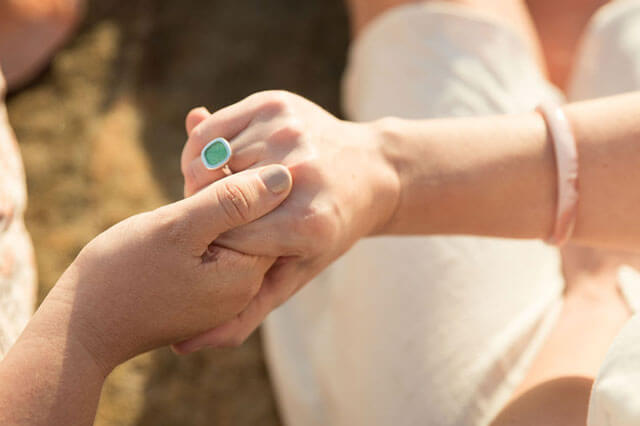All good things come to an end – even counselling
Here’s how to deal with the conclusion of your therapeutic process
The end of counselling is inevitable and may occur for a number of reasons. You’ve reached your goals, you or your therapist may be moving, you may have decided you’ve had enough for now and no longer want to keep facing your memories. Or it could be as basic as you weren’t the ‘right fit’ with your therapist.
During counselling, you often form a profound interpersonal bond with your therapist
You are revealing your deepest thoughts and fears to them, and this comes with a level of trust and faith in your therapist. The depth of your connection will determine how you deal with the end of your counselling sessions. Your therapist must help you end the process in such a way that you are not overcome by fear, helplessness, disillusionment or aloneness, and as with many of life’s endings, feelings of sadness, anger, grief and rejection.
The end of the psychotherapy relationship is a difficult phase of therapy
Many believe the most difficult phase is making the decision to actually seek therapy and pour your heart out to a complete stranger. The second most difficult phase is ending the relationship. Professional therapists refer to this stage as therapy ‘termination’ which doesn’t really help it sound much better! Don’t let the phrase scare you – it’s really just about ‘ending therapy’.
Ending a relationship is something that for most of us, doesn’t come easily. It’s really one of the most difficult things in our lives. Many of us don’t know how to deal with the feelings of loss that comes with the end of a relationship, and therefore it can be a very stressful time.
Here are my top 10 hints for ending counselling with your therapist:
1. Understand the process
Most therapists will start the termination discussion with you and when you both agree that it’s the right plan, you’ll agree on an end date. Your therapist will help you understand the end process, review your therapy with you, and help you set goals, form techniques and give you tools to use in the future.
2. Bring it up early
Trained therapists will help you start the termination process early (around 10 sessions from the end). Don’t take this as getting the ‘brush-off’ but rather as a good thing as it gives you time to get used to the idea. If you are anxious, you can deal with it over these end weeks.
3. Pick a final date
Choose a mutual date with your therapist. Make sure you have no other commitments due around that time. Then you and your therapist know what you’re working towards.
4. Know that anger and anxiety are normal
If you feel anger and/or anxiety when your therapist suggests that you end your relationship, remember this is normal. Express them to your therapist. If you can’t get the words out, try writing them down.
5. Let your feelings out
Just like ending any relationship in life, ending your counselling relationship can produce mixed emotions. Make sure you express these feelings to your therapist so they can help you work through them. Often the ‘end process’ can bring up new issues/feelings that you haven’t faced, so be honest and tell your therapist.
6. Ask as many questions as you need
You may have many questions: What if I relapse, who do I call, can I return to you in the future, are there any books/support groups I can join etc.? Don’t be embarrassed to reach out and ask these types of questions – your therapist expects you to!
7. Are you ready to end therapy?
You may know deep within that you’re not ready to end your therapy. Speak up. Your therapist will help you determine if this is just anxiety or whether you do have more work to do. Professional therapists will respect your opinion of whether it’s right or not and continue to work with you until you’re ready.
8. Your final session should be face-to-face
Even if you think you don’t need it, or simply don’t want to, it’s super important to attend your last session in person. Having a personal ‘final goodbye’ is a great way for you to gain closure.
9. Your last session
Your therapist will guide you through your final session. They will reflect on your time together and ensure you’re ready to move on with your life. It’s not uncommon for long-term, or close therapeutic relationships to end with some tears and a hug! Shorter term relationships will be more business-like with a handshake and well wishes.
10. It’s not the end!
Termination of counselling should really be looked at as the start for you. You are now out on your own, and although this may seem scary at the start, it marks that you are ready to face a new stage of your life where you can embrace your choices.
You should embrace the end of your therapeutic counselling! You’ve reached a point where you’re aware of your strengths and abilities and you’re ready to cope with life’s challenges. Be proud. Be empowered.
